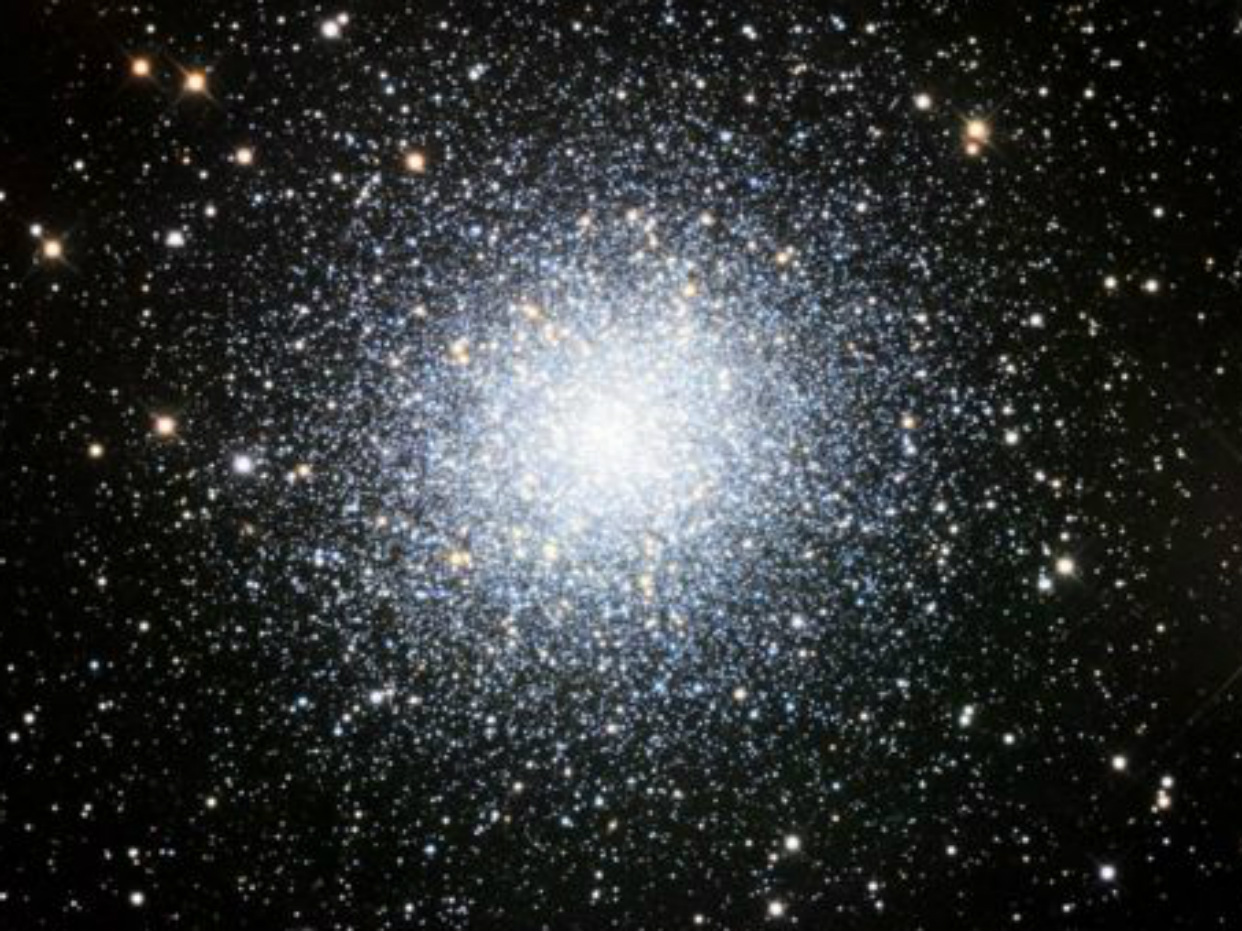HD 164595: Mystery signal excites alien hunters
Experts urge caution after radio waves are detected from Sun-like star that lies 94 light years away from Earth

A free daily email with the biggest news stories of the day – and the best features from TheWeek.com
You are now subscribed
Your newsletter sign-up was successful
Astronomers are exploring an unexplained signal picked up by a Russian telescope which has given hope to scientists engaged in the search for extra-terrestrial life.
The "very strong" three-second radio signal was recorded by the RATAN-600 radio telescope in Zelenchukskaya, Russia, in May 2015. The waves came from the vicinity of a Sun-like star called HD 164595, which lies 94 light years away from Earth in the Hercules constellation. At least one planet, about the size of Neptune, is known to orbit the star.
Researchers from the Search for Extra-terrestrial Intelligence (Seti) are now tracking the area for any similar signals, which could theoretically be an attempt at contact from an alien race.
The Week
Escape your echo chamber. Get the facts behind the news, plus analysis from multiple perspectives.

Sign up for The Week's Free Newsletters
From our morning news briefing to a weekly Good News Newsletter, get the best of The Week delivered directly to your inbox.
From our morning news briefing to a weekly Good News Newsletter, get the best of The Week delivered directly to your inbox.
"The signal from HD 164595 is intriguing because it comes from the vicinity of a sun-like star and if it's artificial, its strength is great enough that it was clearly made by a civilisation with capabilities beyond those of humankind," Douglas Vakoch, the president of Meti International, which searches for life beyond Earth, told CNN.
However, experts have urged caution, saying the activity is unlikely to be the work of an advanced alien civilisation. Newly released data from follow-up observations have so far failed to replicate the results of the Russian telescope.
Even Vakoch admits that until the signal can be corroborated by other scientists and examined further, a single reported instance is not credible evidence for extra-terrestrial life. The wave could be explained by a technological glitch or gravitational lensing, a phenomenon where a signal from behind a star or planet appears amplified, he added.
Scientific American goes even further, labelling the alien speculation "this week's biggest non-story in science".
A free daily email with the biggest news stories of the day – and the best features from TheWeek.com
The history of SETI research, it says, is littered with unexplained one-off blips on the radar - such as the tantalising unsolved mystery of the 1977 "Wow!" signal.
Could the signal from HD 164595 be an advanced alien civilisation reaching out to humankind? "Conceivably" yes - but "extraordinary claims require extraordinary evidence", it says. Evidence scientists have so far failed to detect.